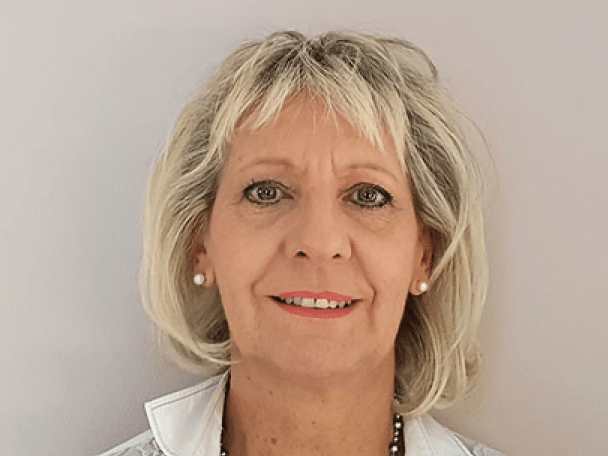The main purpose of RailData is to develop, implement and operate centralized IT systems designed to ensure data exchange between European freight Railway Undertakings, as well as with Wagon Keepers and other relevant parties.
RailData is a Special Group of the UIC (International Union of Railways). The highest decision-making body is the General Assembly, in which all RailData Members are represented. The Assembly elects a Chairman and Vice-Chairman, who represent and lead the organization. Day-to-day management is ensured by the RailData General Manager (CEO). The Management Board, elected by the General Assembly, is responsible for overseeing RailData’s ongoing operations in line with strategic decisions.







Each RailData IT service has a dedicated Assembly responsible for its operation, maintenance, and development, as well as for coordinating its use. Day-to-day operational coordination is handled by the Executive Committee (RDx). Assemblies may establish Expert Groups to support specific tasks or provide coordination from a functional, technical, and data quality perspective.
Current Expert Groups include ISR Experts Group, ORFEUS Experts Group, and TSI TAF Experts Group.







Is a freight Railway Undertaking
Respects RailData Terms of Reference
Contributes to annual RailData General Assembly budget
Is a User of at least one core RailData IT Service
Is a co-owner of RailData assets
Can attend and vote in RailData Assemblies
HIPPS aimed to create international transport plans for wagons but was ahead of the technical capabilities of rail companies at the time. The project was terminated in 2001 after only the first phase—theoretical trip planning—was implemented.
DOCIMEL was replaced by ORFEUS, a simpler tool with the same goal: to enable the electronic exchange of consignment note data between cooperating Railway Undertakings and facilitate paperless transport. ORFEUS went live in 1996 and has since been continuously upgraded to the latest IT standards. Since 2013, it has supported electronic consignment notes. Many Railway Undertakings now use ORFEUS in daily operations.
The ISR project was initiated in 2000 by DB, FS, and SNCF to track and trace freight wagons across Europe. Initially, ISR used pre-advice messages from train consists. In 2004, RailData took over ISR, modernized it, and expanded it into a system that monitors wagon status and location across a growing number of rail networks. Over time, many additional features were added around the ISR core.
Behind every success story are the people who made it happen. RailData Chairmen over the years have included:
Bo Sandberg (1995–99), Olivier Maurel (2000–06), Martin Rühl (2006–07), Rainer Wilke (2007–13), Francis Bedel (2013–16), Maarten Kesselaers (2017–18), Michael Pfitzner (2018–19), Mark Verhulst (2019–2021), Tommy Ransmark (2021–2025), and Mahesh Bhatter (2025–present).
